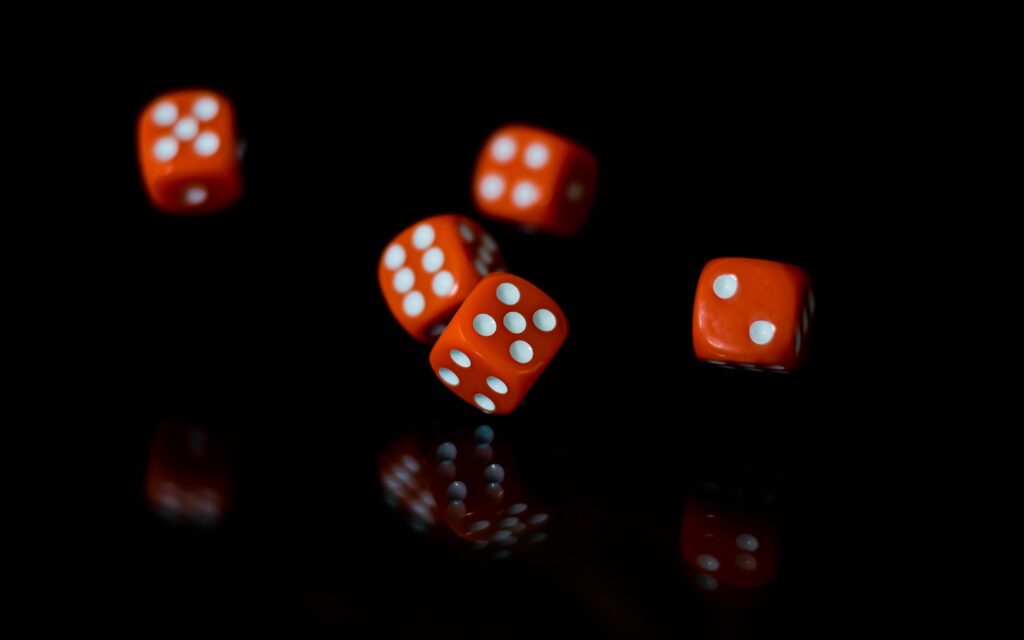I suddenly remembered the existence of a problem I encountered in my final exam to my ring theory course. It was a pretty fun bonus question and I remember feeling pretty proud that I solved it at the time. For whatever reason, some impetus now compels me to share the problem and its solution now. This’ll be a pretty short post.
The problem is as follows:
Let $R$ be a commutative ring that isn’t an integral domain with infinitely many elements. If $R$ has a zero divisor, show it must have infinitely many zero divisors.
Unlike most of the problems in the exam, it wasn’t immediately obvious that this was true to me. So I assumed not, letting $A \subset R$ be a finite set of zero divisors and tried to search for zero divisors not in $A$ to coax out a contradiction. It was immediate that $ar\in A$, for any $a\in A, r\in R$, because the zero divisor pair $b\in A$ satisfying $ab=0$ also satisfied $(ar)b=0$, via commutativity. This “absorbing” behavior of $A$ made me check if $A$ was an ideal, hoping to mod out by it. Alas, $(A, +)$ wasn’t necessarily a group: $a-b$ isn’t a zero divisor in general. Fine, but I figured there had to be something useful to this “absorption” property, namely that $\{ar \mid a\in A, r\in R\}=A\cup\{0\}$. Go ahead and have a stab at this before reading the solution, if you’d like.
After a bit of tinkering, I came up with this:
Let $a\in A$ and $\phi_a: R\to A’=A\cup\{0\}$ such that $r\mapsto ar$. Certainly, we have that $\phi_a$ respects $+$ due to distributivity and $\phi_a$ maps $0\mapsto 0$, so $\phi_a$ is in fact a group homomorphism for all $a\in A$.
- Since $ar=0$ implies $r=0$ or $r\in A$ (otherwise $r$ is a zero divisor not found in $A$), we have that $\ker\phi_a\subseteq A’$.
- Next, $ar$ is itself zero or a zero divisor, thus $\text{im }\phi_a\subseteq A’$.
These two subsets are finite because they’re subsets of $A’$, which is finite. By the first isomorphism theorem, $R/\ker\phi_a \cong \text{im }\phi_a$. Since $R$ is infinite and $\ker\phi_a$ finite, $R/\ker\phi_a$ should be finite, giving us the contradiction we needed.
Neat!

